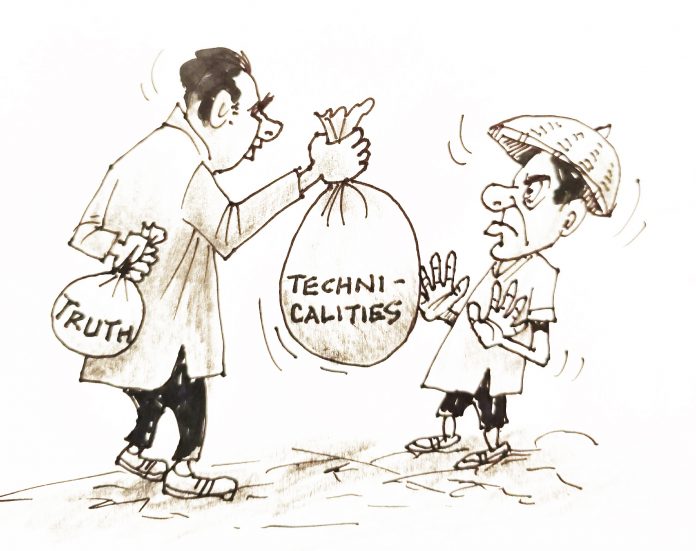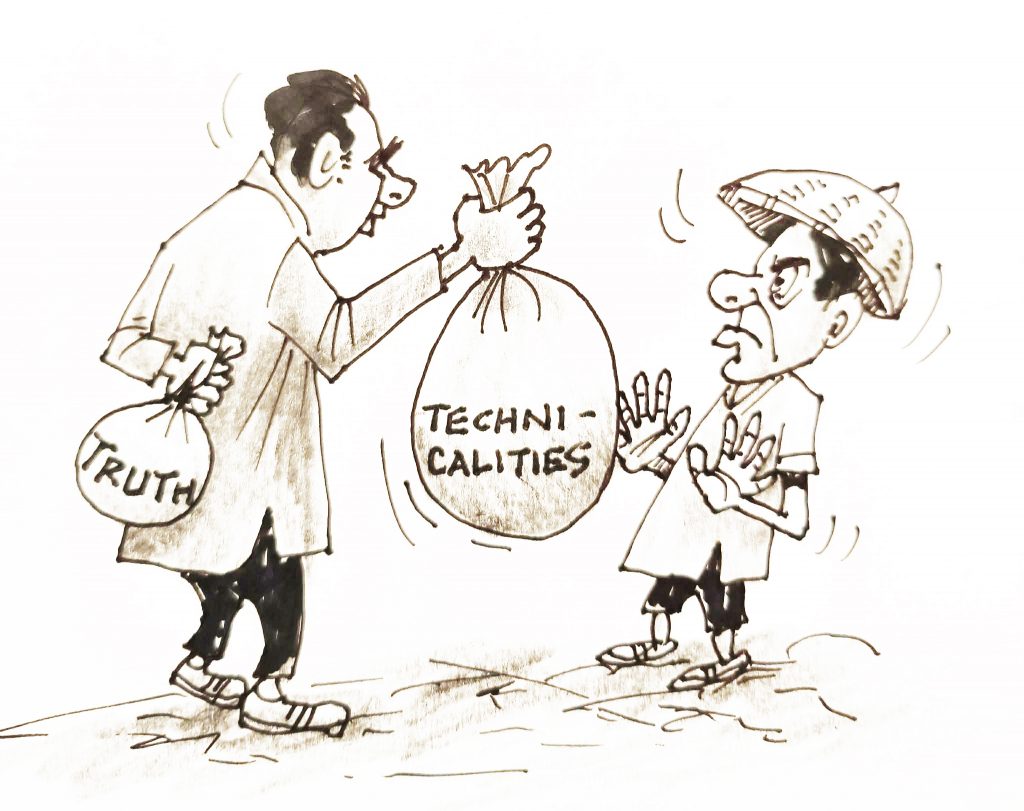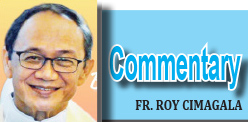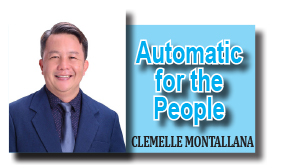
Women entrepreneurs face numerous challenges and barriers that can hinder their success. These obstacles range from financial constraints and gender bias to societal expectations and work-life balance issues. Understanding these challenges is crucial for creating a more equitable and supportive ecosystem for women in business.
Access to Funding
One of the most significant barriers for women entrepreneurs is limited access to funding. Studies show that women-led startups receive a disproportionately small percentage of venture capital funding compared to their male counterparts. This disparity can be attributed to several factors, including investor bias, lack of access to influential networks, and higher expectations for proof of concept.
To address this funding gap, many women entrepreneurs turn to alternative funding sources such as crowdfunding platforms. Additionally, policy initiatives and advocacy groups are working to promote more equitable funding practices and increase the representation of women in venture capital firms.
Gender Bias
Gender bias in the entrepreneurial ecosystem manifests in various forms, affecting how women entrepreneurs are perceived and treated. Studies have shown that investors often ask women entrepreneurs risk-focused questions, while posing questions about potential gains to men. This can lead to women being underestimated and their successes attributed to luck rather than skill.
Overcoming gender bias requires a shift in mindset and a commitment to creating a more inclusive and equitable environment. This includes challenging stereotypes, promoting diversity in decision-making roles, and providing equal opportunities for women to showcase their talents and ideas.
Work-Life Balance
Many women entrepreneurs face significant challenges in balancing work and family responsibilities. Societal norms often place a disproportionate share of domestic responsibilities on women, making it difficult for them to dedicate the time and energy needed to grow their businesses.
To address this challenge, it is crucial to promote policies and practices that support work-life balance, such as flexible work arrangements, affordable childcare, and parental leave. Additionally, organizations can create supportive communities and networks that provide women entrepreneurs with the resources and encouragement they need to thrive.
Social and Cultural Barriers
In many cultures, women entrepreneurs face social and cultural barriers that limit their opportunities and potential. These barriers may include societal expectations that prioritize family over career, limited access to networks and mentors, and discriminatory practices that undermine their credibility and competence.
Overcoming these barriers requires challenging traditional norms, promoting gender equality, and creating supportive ecosystems that empower women to pursue their entrepreneurial aspirations. This includes providing access to education, training, and resources, as well as fostering a culture of inclusivity and respect.
Lack of Networking Opportunities
Networking is crucial for business success, yet women often encounter barriers to entering these circles. The predominance of male-led investor networks can limit opportunities for women to secure funding and mentorship. Traditional networking events may not always be welcoming or accessible to women, particularly those with family responsibilities.
Conclusion
Addressing the challenges and barriers faced by women entrepreneurs requires a multifaceted approach that involves individuals, organizations, and policymakers. By promoting gender equality, challenging stereotypes, and creating supportive ecosystems, we can empower women to thrive in the world of business and contribute to economic growth and innovation.
This initiative seeks not to elevate women to an unrealistic pedestal, but rather to ensure recognition of their inherent worth and valuable contributions. The ultimate goal is to foster an environment of inclusivity, where the diverse talents of both men and women are embraced and leveraged to collaboratively improve the world.
————–
If you have any questions or would like to share your thoughts on the column, feel free to send an email to jca.bblueprint@gmail.com. Looking forward to connecting with you!






